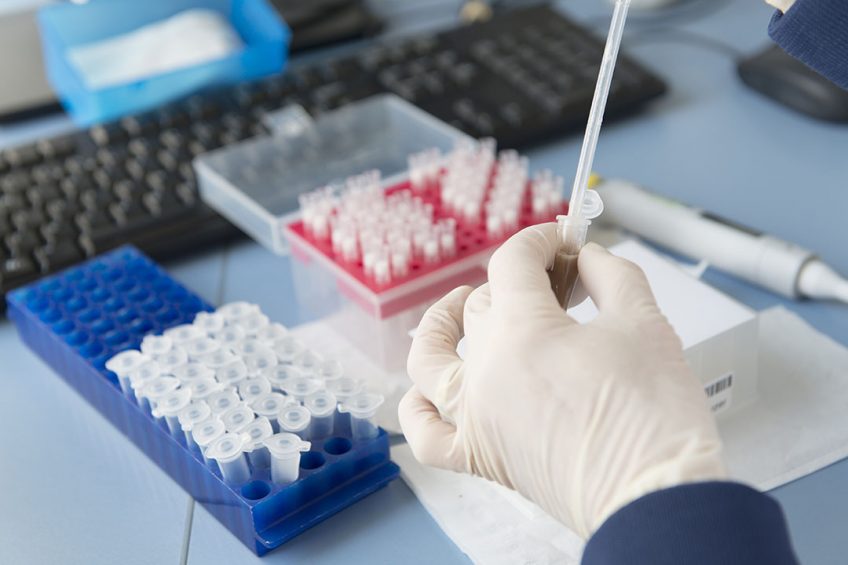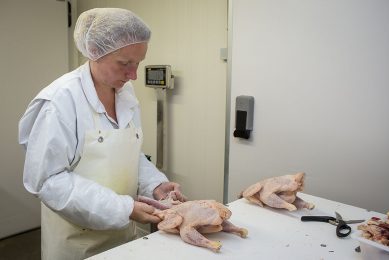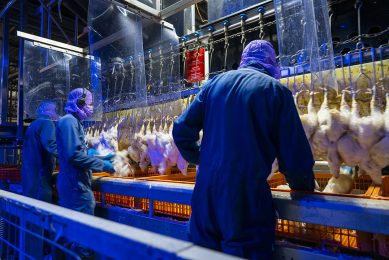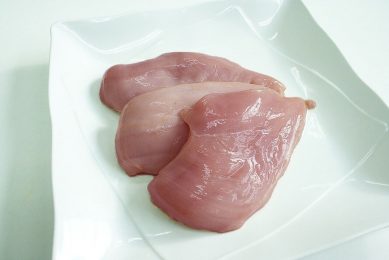Coronavirus is more persistent than other SARS viruses

The Food Technology Institute from Brazil looked into the survival rates of 3 types of coronavirus on surfaces like packages or food.
Following the find of the new coronavirus on frozen chicken meat imported from Brazil in China recently, Brazilian researchers looked deeper into the survival potential of Covid-19.
All existing coronaviruses cause great concerns to the global population:
- SARS-CoV-1 victimised 8,000 people for Severe Acute Respiratory Syndrome (SARS) around 2002, and
- MERS-CoV, from Respiratory Syndrome in the Middle East in 2012, with more than 800 deaths.
- SARS-CoV-2 already left almost 1 million death around the planet, according to the World Health Organization (WHO).
 Covid-19 Up-date
Covid-19 Up-date
What impact is the pandemic having on the global poultry sector and how are they dealing with it.
Virus survival on plastic packaging
Gustavo Moraes, researcher at Food Technology Institute (Ital), confirms that SARS-CoV-1 survived between 4 to 6 days on plastic and MERS-CoV between 1 to 3 days. Now he found that the new coronavirus remains active for periods between 4 to 7 days on packaging surfaces. These tests were performed under temperature conditions ranging from 21°C to 25°C and up to 50% relative humidity (RH) for SARS-CoV-1, from 20°C to 30°C and 30 to 80% RH for MERS -CoV, and 21°C to 27°C and 35 to 65% RH for SARS-CoV-2.
Virus survival on metal
On metal, SARS-CoV-1 remains active between 1 to 5 days, while MERS-CoV remains present for 1 to 3 days and SARS-CoV-2 for 8 hours more than 7 days, under temperature conditions and RH similar to the studies for plastic.
Virus survival on cardboard
In corrugated cardboard, at a temperature of 21°C to 23°C and 40% RH, the persistence on the surface of up to 2 days for SARS-CoV-2 is double the survival rate in that same material for SARS-CoV-1.
Virus survival on glass
The only material on which the new coronavirus had less resistance compared to SARS-CoV-1 was glass, where it lasted up to 4 days and SARS-CoV-1 resisted up to 5 days, considering, respectively, temperature ranging from 21°C at 25°C and 22°C and a relative humidity of up to 65%.
Virus survival on paper
On paper, a study shows persistence of SARS-CoV-1 for up to 1 day at 20°C, while for SARS-CoV-2 its persistence was observed ranging from 3 hours to 5 days under temperatures of 22°C to 27°C and UR from 36 to 65%.
“We see that porous materials tend to allow a lower persistence of SARS-CoV-2 than non-porous materials. This type of observation, however, should be done with caution, given the small number of studies available,” Moraes concludes.













